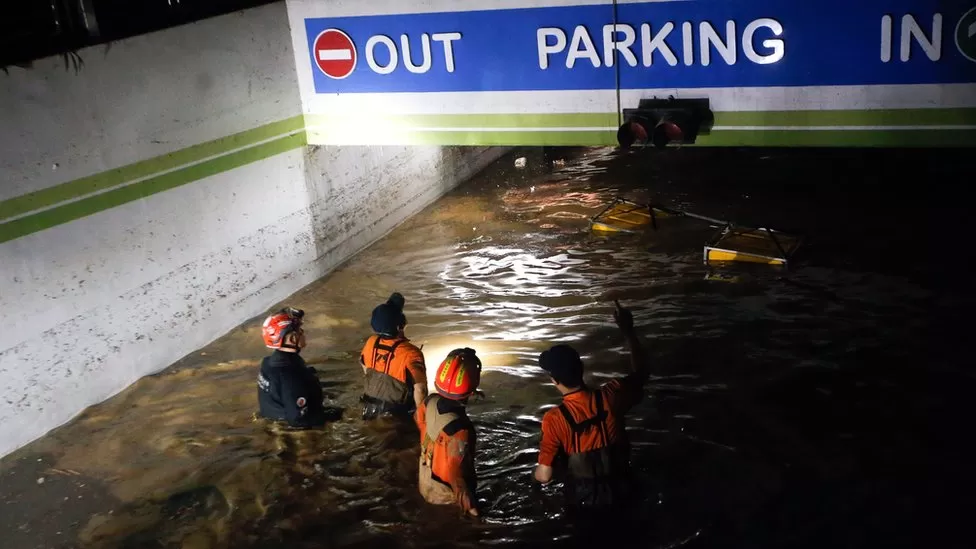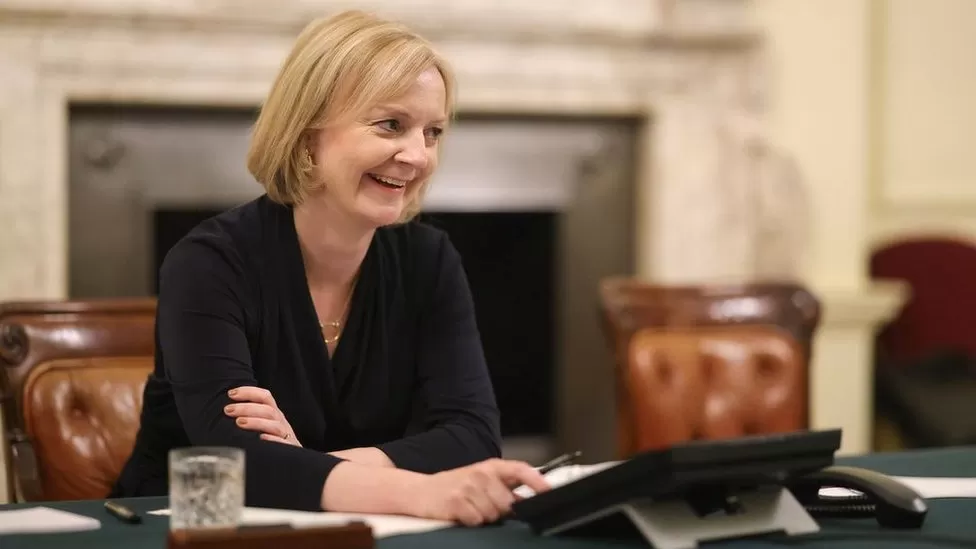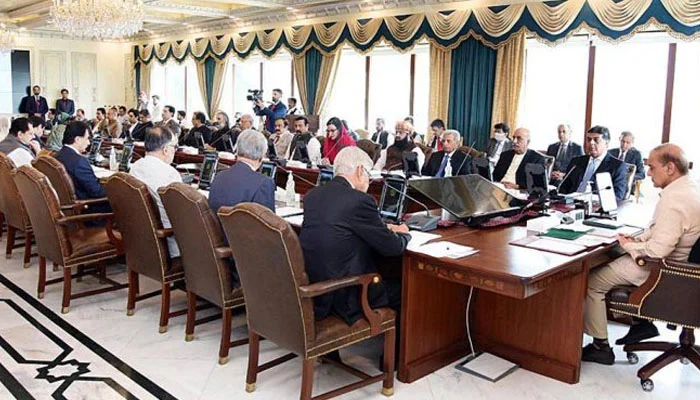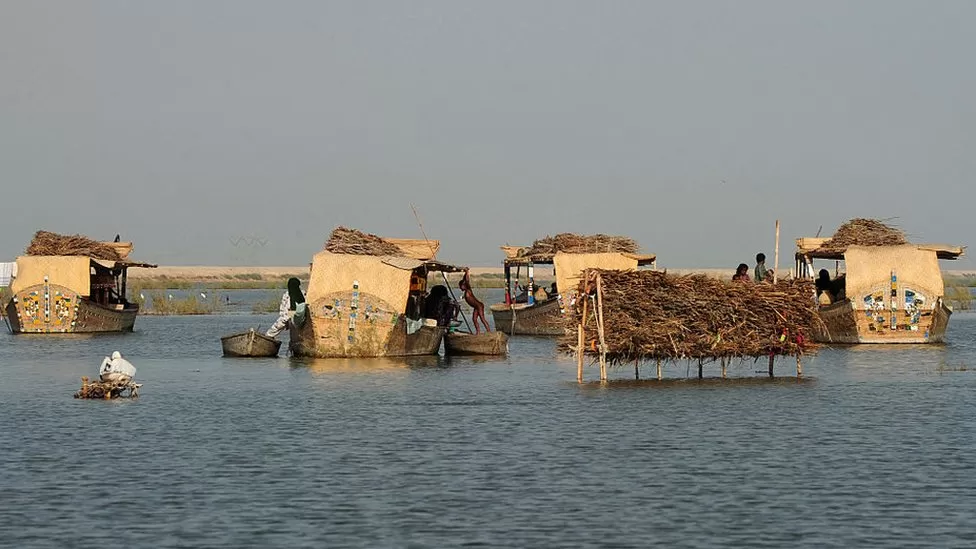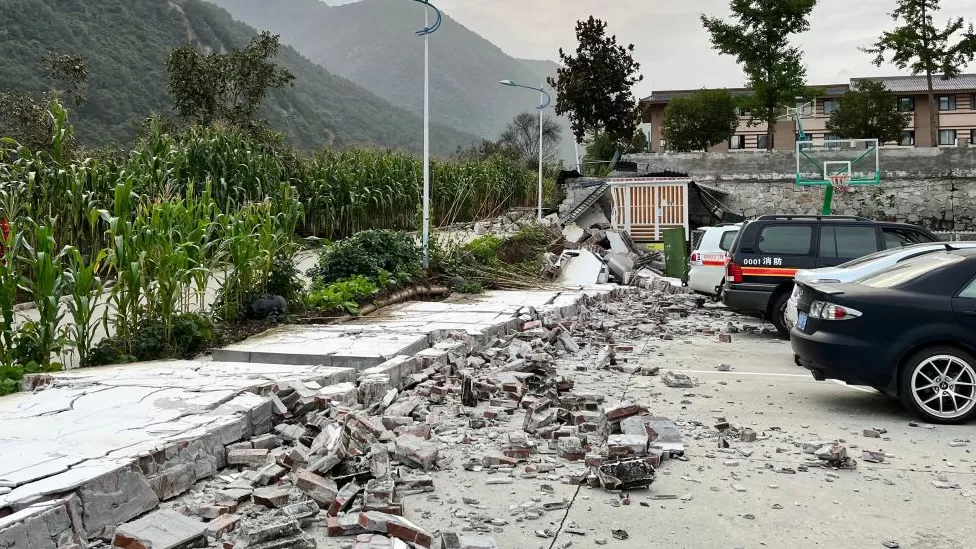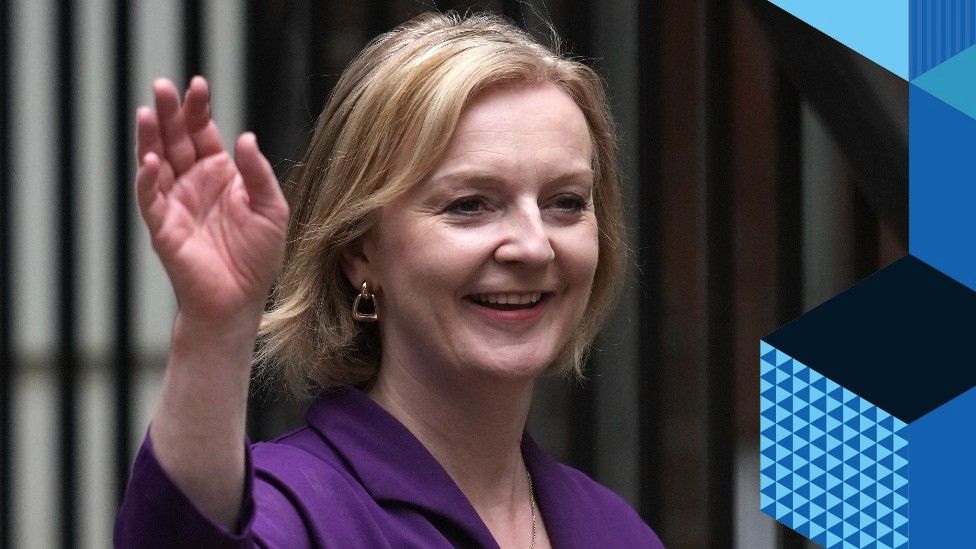In her ruling, US District Judge Aileen Cannon in West Palm Beach, Florida, said the court authorised the appointment to review personal items, documents and material subject to claims of attorney-client privilege.
Cannon was appointed by Trump in 2020, just months before he left office.
Cannon’s order permits US intelligence officials to continue a national security damage review in the probe.
Trump has accused the Justice Department of launching a partisan witch-hunt against him, and his lawyers argued that the appointment of an independent third-party to review the materials would be an important check on the government.
Trump is under investigation for removing government records, some of which were marked as highly classified, from the White House after he departed in January 2021, and storing them in his home at his Mar-a-Lago estate in Palm Beach.
The Justice Department has also said it is investigating possible obstruction, after the FBI uncovered evidence that Trump’s team may have deliberately concealed classified documents when agents tried to recover them in June.
At that same meeting on June 3, Trump’s representatives falsely certified they had conducted a diligent search and returned all classified materials to the government — a claim that was later disproved after the FBI recovered about 33 boxes containing more than 11,000 government records and photos and more than 100 records marked as classified.
Trump’s legal team waited until two weeks after the FBI’s Aug 8 search before asking the court to appoint a special master — an independent third party who is sometimes assigned in sensitive cases to review materials that could be covered by attorney-client privilege.
A special master was used, for instance, to review materials seized in the searches of the homes and offices of two of Trump’s former attorneys — Rudy Giuliani and Michael Cohen.
But Trump’s request was unique.
Not only did his team want the special master to review traditional attorney-client privileged material, but they also told Cannon the special master was appropriate because some of the records could be subject to executive privilege — a legal doctrine that shields some White House communications.
The Justice Department has staunchly resisted Trump’s request, saying he cannot claim executive privilege because the records do not belong to him; they belong to the government.
“He is no longer the president,” Jay Bratt, the department’s top counterintelligence lawyer, told Cannon at a Sept 1 hearing.
“And because he is no longer president, he did not have a right to take those documents.”
The Justice Department also said it made no sense to appoint a special master because its filter team — a group of agents who are not part of the investigation — had completed its work.
The agents located and set aside a limited number of records that could be subject to attorney-client privilege.
The rest of the records have already been reviewed by the investigative team for the ongoing criminal probe.
At the same time, the Office of the Director of National Intelligence is already conducting a parallel review as part of a national security damage assessment.
Many former Justice Department attorneys, both Democrats and Republicans, have criticised Trump’s call for a special master.
Former Attorney General Bill Barr, whom Trump appointed, called a special master “a waste of time” in an interview on Fox News.
A group of former federal prosecutors who all served in Republican administrations also filed an amicus brief in the case, saying Trump’s request was “unprecedented,” filed in a court with no jurisdiction, and “manifestly frivolous.”
However, at the Sept 1 hearing Cannon signaled a willingness to grant his request. “Ultimately, what is the harm of appointing a special master?” she asked.



